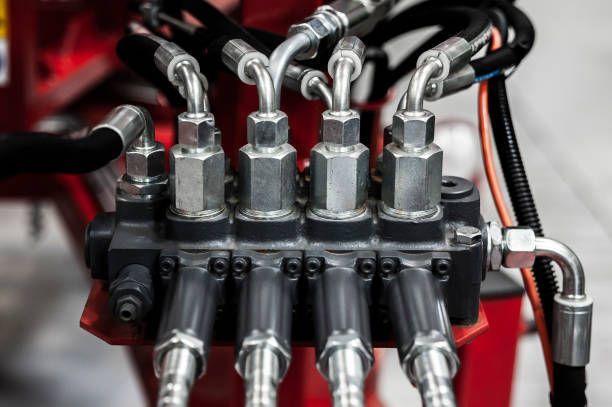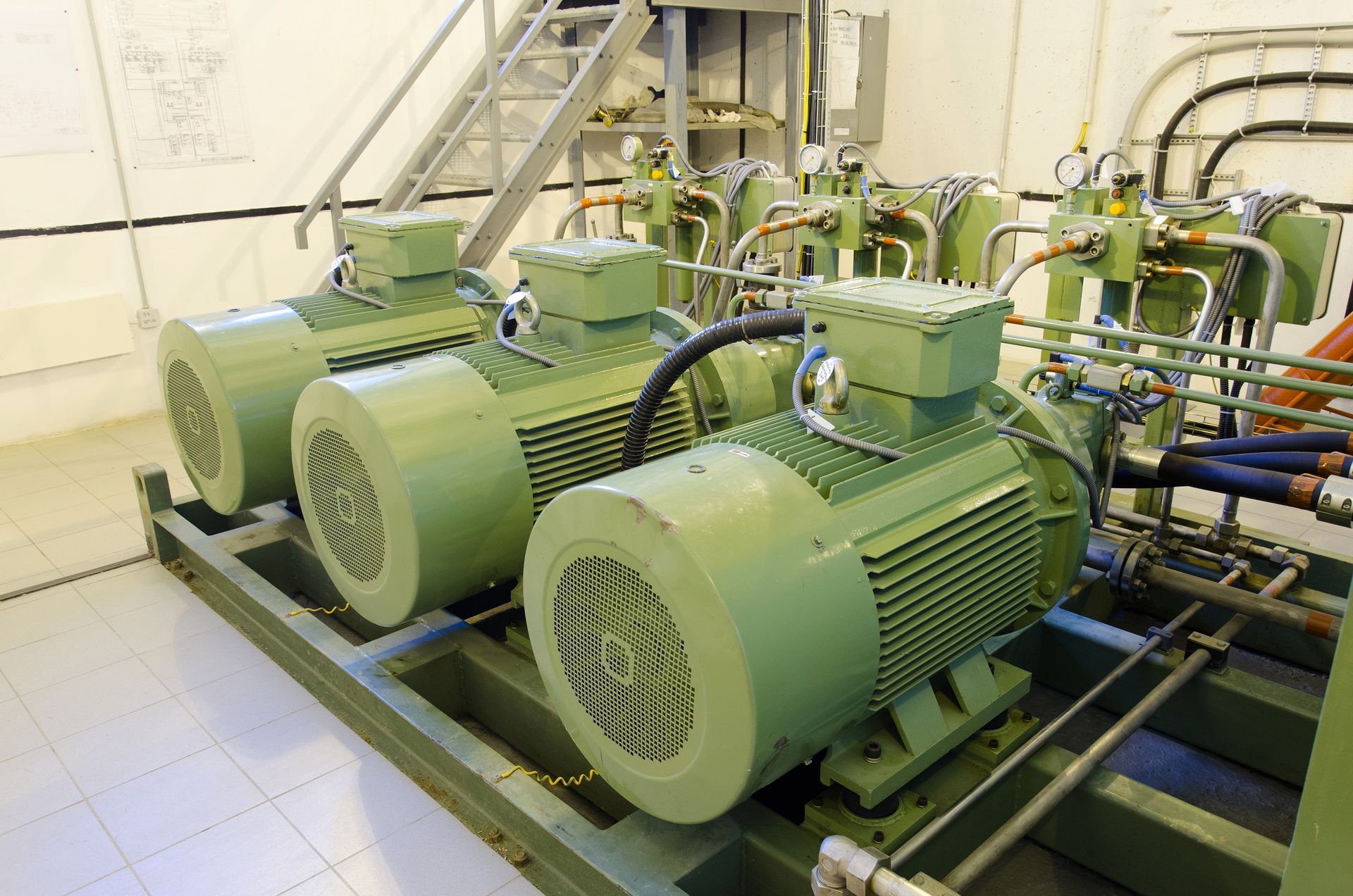Hydraulic System Leakage: What to Know
Unfortunately, your hydraulic systems are prone to break, which leads to leakage. As a result, you may suffer financial loss.
In addition to the cost of the hydraulic oil itself, you may suffer loss through unnecessary energy consumption, decreased reliability, reduced equipment performance, damage to your hydraulic system, and increased maintenance costs. Discover what you should know about hydraulic leaks.
Leakage Detection
You may not notice leaks at times because no visual indications alert you to the problem. However, you need to identify these leaks as early as possible for a fast response. Discover some ways you can detect leakage on your hydraulic system.
Use Camera Systems
You may opt to use camera systems to monitor your equipment easily. For example, today, you can use cameras to detect movement to identify the possible sources of leaks. In this case, any drips that form around a certain location will alert the sensor camera.
Use Colored Oils
Use hydraulic oil with distinctive and unmistakable colors. In this case, if your hydraulic system has other fluids present, the colored oils will make it easier to diagnose any leakage.
However, if you don't want to change your oil types, you can use dyes that will change the colors of your hydraulic oil. Also, you can use dyes that are visible under ultraviolet light. Don’t be afraid to use these dyes because they won't affect your oil's performance.
Use Staff Education
Your staff members are some of the frequent users of your hydraulic systems. For this reason, educate your staff to look out for any colored stains or liquids on your machines.
Through education, your technicians, operators, and maintenance staff should be in a position to differentiate a hydraulic leak from other fluid leaks in your machine. For example, suppose you use a blue hydraulic oil. In that case, your staff should immediately report blue fluid leaks for faster response.
Leakage Sources
What are some possible sources of hydraulic leaks? Below are just a few.
Broken Pumps
Friction from parts that move increases the chances of possible leakage. In this case, the moving parts of a pump can loosen over time, which can cause the hydraulic fluid to leak through these parts.
Cracked Reservoirs
Despite the high tolerance of your reservoirs, excessive pressure on them can cause a crack and a possible leak.
Leaked Valves and Pipe Fittings
The joint where the hoses and pipes interconnect are weak spots. Valves can also get worn out over time, especially if your hydraulic fluid gets contaminated with dirt. As a result, the hydraulic fluid may leak out, which can cause damage to your system's performance.
Leakage Maintenance
Carry out regular maintenance on your hydraulic systems to prevent further damage to your equipment. Discover some of the maintenance procedures to consider for your hydraulic systems.
Purchase Quality Parts
Your hydraulic system depends on a lot of pressure to operate. Additionally, it needs to operate for a long time with minimal maintenance. For this reason, ensure you get quality parts to increase performance and reduce maintenance costs.
Replace Filters
Filters help to prevent contaminants from getting into your hydraulic systems. However, they can wear out quickly, so change them often to enhance their performance. Also, ensure you wear protective equipment to avoid injury.
Lubricate Regularly
Lubricate your hydraulic parts often during maintenance practices. These parts may include plastic, rubber, or metals that will age with time and crack. Therefore, lubricate these parts to reduce frictional wear and tear and extend lifespan.
Your hydraulic leak may cost you more in the long run, so get professional services to avoid further damage.
Quad Fluid Dynamics, Inc., provides you with high-quality professional hydraulic rebuilding, manufacturing, and services. Contact us today for your hydraulic maintenance needs.


